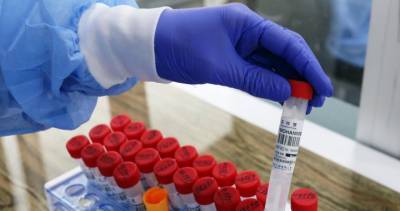
globalnews.ca
46%
892
52 new coronavirus cases, 1 additional death confirmed in Simcoe Muskoka
novel coronavirus cases and one additional death in the region on Thursday, bringing the local total number of cases up to 4,017, including 71 deaths.To date, there have also been 4,316 COVID-19 vaccine doses administered in the region, with 594 doses that were administered on Wednesday.On Thursday, 11 of the new COVID-19 cases are in Bradford, while nine are in Barrie, six are in Essa, four are in New Tecumseth and four are in Springwater. Coronavirus — Most Ontario elementary students will continue online learning until Jan.